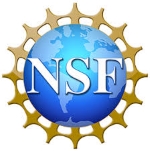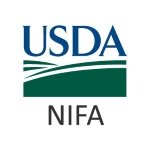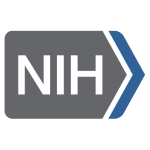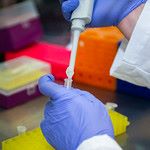Responsible Conduct of Research (RCR)
Beginning August 2022, Auburn University requires all research personnel (faculty, staff, postdocs, students, and anyone who manages or administers research ), regardless of funding source, to complete the CITI AU Basic RCR Training for ALL Faculty, Staff, Postdocs, and Students course every 3 years. This RCR training requirement is in addition to any other RCR training that individuals may have taken to date and applies to all personnel who conduct, manage, or facilitate research, including staff (accountants, contracts & grants specialists, grant writers, research fellows, technicians, etc.), students (graduate and undergraduate), postdocs, and ALL faculty (including administrators). This RCR training requirement also applies to research that is not funded.
Existing AU CITI RCR training will be migrated to the new course. Current research personnel have until February 1, 2023, to complete AU Basic RCR Training for ALL Faculty, Staff, Postdocs, and Students.
The CITI AU Basic RCR Training for ALL Faculty, Staff, Postdocs, and Students course satisfies NSF and USDA-NIFA RCR training requirements. Additional training for certain NIH awards may be necessary. Please use the links below to learn more about other RCR requirements and resources.
Follow these steps to access the new course.
Individuals who do not already have a CITI account can follow these steps to create an account. Auburn personnel must use their auburn.edu email as the primary email to receive credit for CITI training. Please contact Karoline Austin (karoline.austin@auburn.edu) or Milly Tye (milly@auburn.edu) for assistance or questions.






